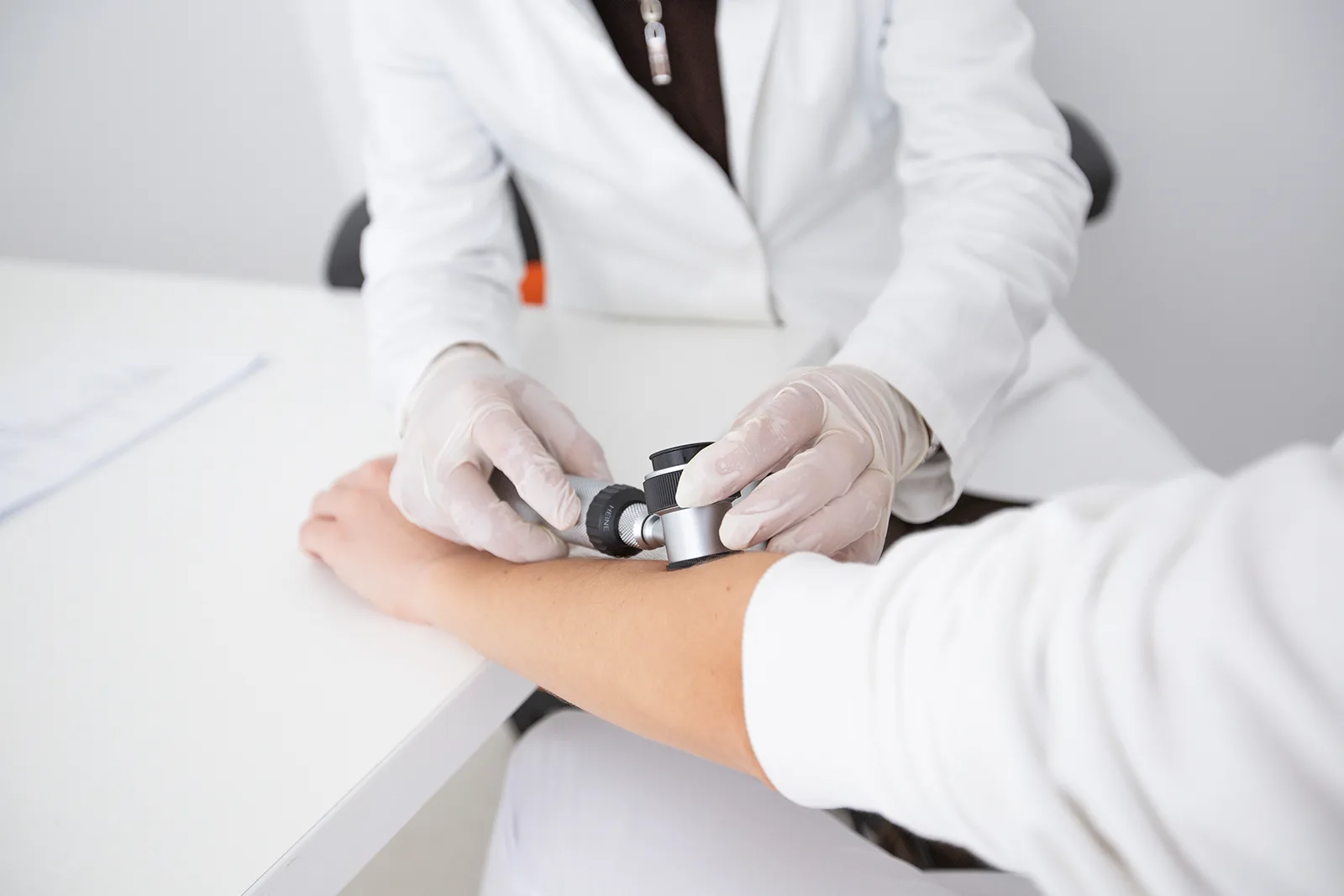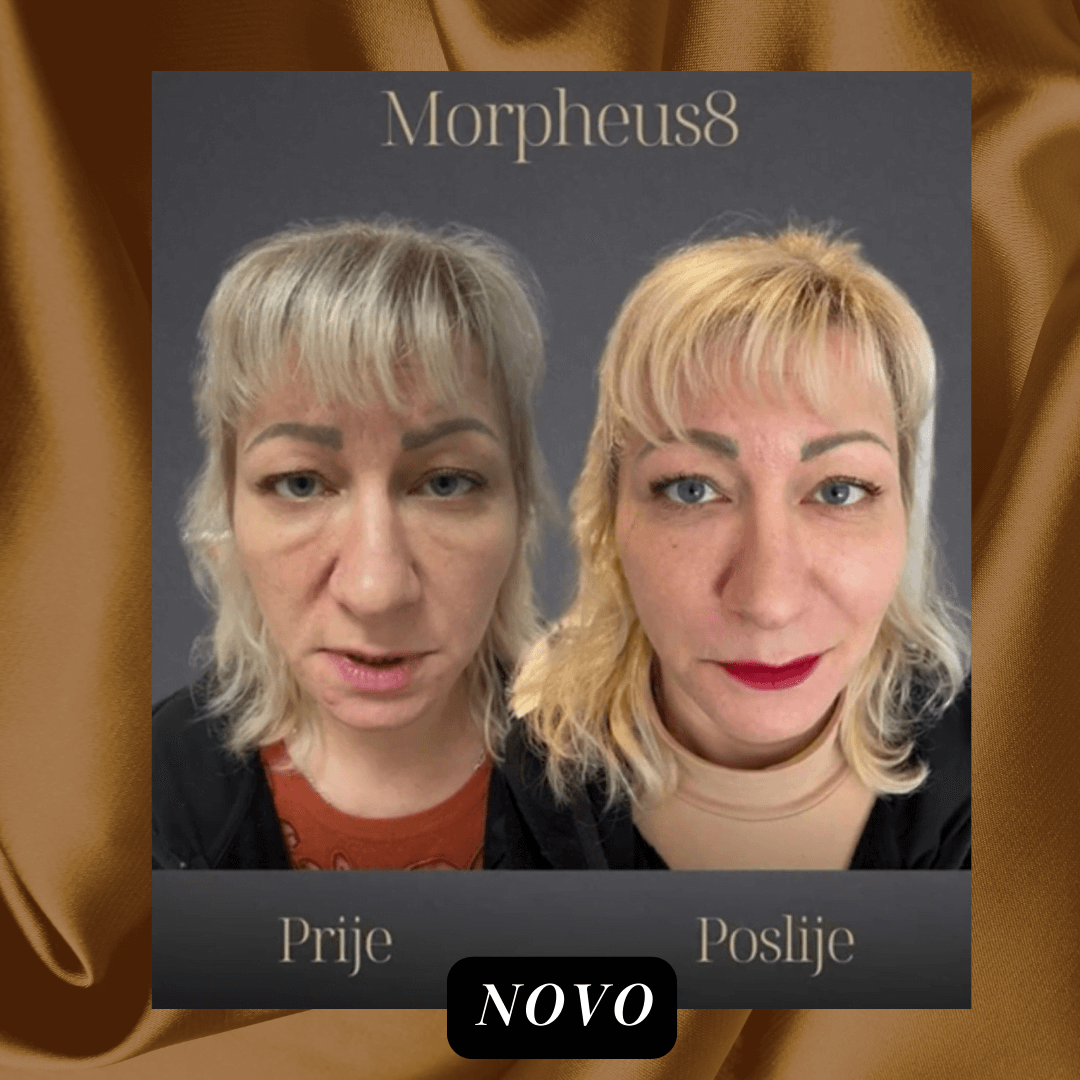- Homepage
- About us
- Services
- Dermatology
Dermatology
Dermatology is a branch of medicine that deals with the diagnosis and treatment of the largest and most visible human organ - the skin. A dermatological examination includes a clinical examination of the skin and visible mucous membranes, as well as appropriate diagnostics. Dermatology also includes an examination of the hair, specifically the scalp and scalp.
- Transplantation of hair, eyebrows, beard and mustache
Stomatology
The team of our dental clinic consists of top specialists who will bring your smile to perfection using the most modern methods!
- Medical aesthetic and anti-age
Medical aesthetic and anti-age
At the Makeover polyclinic, patients have at their disposal a wide range of non-invasive, non-surgical and completely painless medical treatments that, with excellent results, correct the damage caused by photoaging and chronological aging.
- Regenerative gynecology
Regenerative gynecology
Today's lifestyle in women and men inevitably leads to an increasingly intense need for aesthetic procedures, the purpose of which is to keep the youthful appearance of not only the face, but also the intimate area as long as possible.
- Weight loss center
Weight loss center
At the MakeOver Polyclinic, we offer you a series of treatments for detoxification and body shaping, where we place special emphasis on a holistic approach in the form of the Metabolic Balance metabolic program.
- Medical tourism
Zdravstveni turizam
Poliklinika MakeOver Beautiful Inside & Out osmišljena je kao prava oaza zdravstvenog turizma za domaće i strane goste.
Zajedno s luksuznim sobama BGold, ova Poliklinika na jednom mjestu nudi široku lepezu jedinstvenih, inovativnih tretmana te mogućnost komfornog smještaja, a medicinski i turistički obrazovano osoblje spremno je pružiti 24h njegu.
- Vitamin infusions
Vitamin infusions
Our business philosophy is woven into the idea that all beauty and health come from within. In this context, we pay special attention to intravenous therapy and intravenous injections.In individual terms, intravenous therapy or infusion is the injection or administration of certain substances directly into the bloodstream for various purposes such as detoxification, rejuvenation, beauty, energy, recovery and many others.
- Covid-19 Test
Covid-19 Test
In the MakeOver polyclinic, you can perform a COVID-19 test, a PCR test, a rapid antigen test and a serological test. We also work on weekends, and by agreement we also come to your address. COVID testing at all events (concerts, weddings,...) by arrangement. Fast, simple and reliable.
- Dermatology
- Contact
- Online booking

